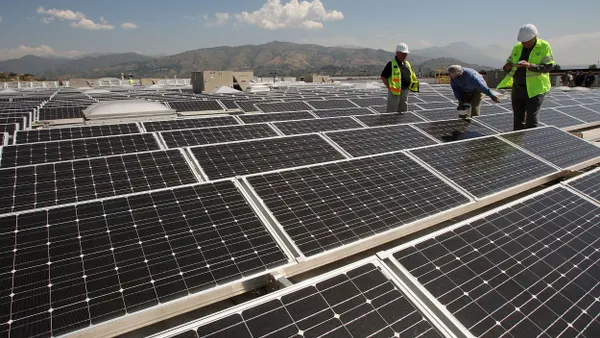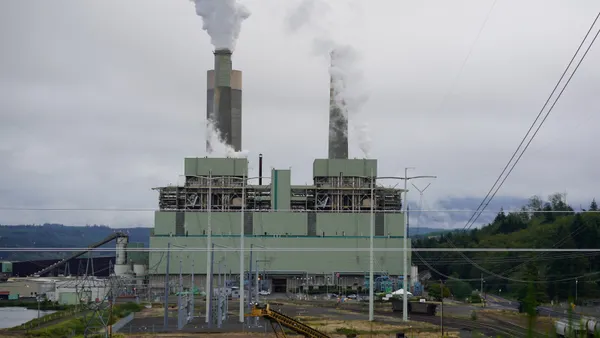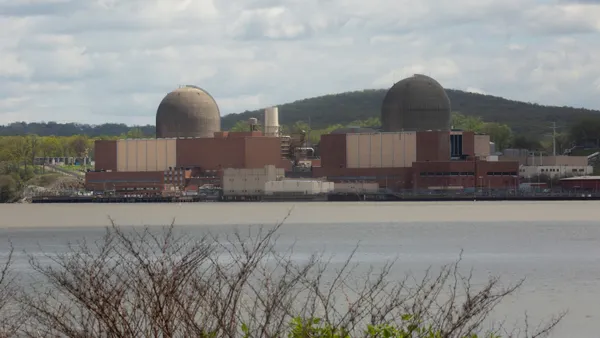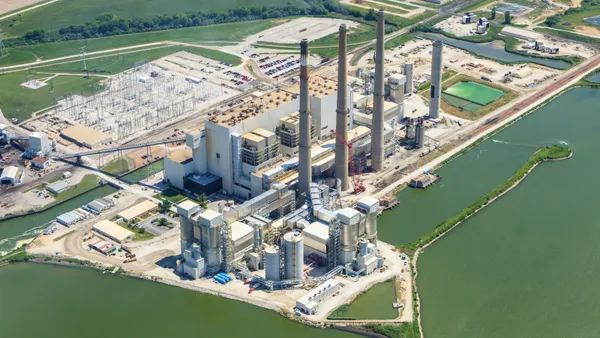Dive Brief:
- Canada's Prime Minister Justin Trudeau announced yesterday that the national government would impose a price of $10 in Canadian dollars ($7.60US) per ton of carbon emissions in 2018, rising to CA$50/ton in 2022. At the time of this article, Canadian dollars traded $0.76 per U.S. dollar.
- According to the Associated Press, British Columbia has a carbon tax in place, while Ontario and Quebec are developing a market. About 85% of the Canadian economy "is located in provinces where there is pricing on carbon pollution in one shape or another," Trudeau said. His plan would raise that to 100%.
- National Newswatch said Canadian provinces could implement the price either directly, or by setting up a cap-and-trade system—an option Ontario and Quebec have been exploring.
Dive Insight:
Trudeau made the announcement in a speech before Canada's House of Commons, as debate began over whether the country should ratify the Paris climate accord. Newswatch reports that vote is expected tomorrow.
"There is no hiding from climate change," Trudeau said. "It is real and it is everywhere. We cannot undo the last 10 years of inaction. What we can do is make a real and honest effort — today and every day — to protect the health of our environment, and with it, the health of all Canadians."
The practical impact of the announcement is unclear as some provinces have a carbon tax in place or are in the process of developing a market.
The plan would set Canada's starting price at about $7.60/ton (US), roughly where RGGI prices were trading last December. For comparison, June auction prices in the U.S. Northeast's Regional Greenhouse Gas Initiative (RGGI) were about $4.50, but traded around $7.50 a little more than a year ago.
For Canada, ratifying the Paris agreement will mean reducing greenhouse gas emissions by at least 30% by 2030, compared with 2005 levels. In the United States, the historic agreement means cutting emissions 26% by 2025. The U.S. ratified the treaty last month.
For the treaty to go into effect, 55 countries representing 55% of global emissions must ratify the agreement. Almost 200 nations agreed near the end of last year in Paris to keep the impact of climate change below 2 degrees Celsius. Mexico, Canada and the U.S. also pledged to source 50% of their combined electricity from nuclear and renewable energy by 2025.














